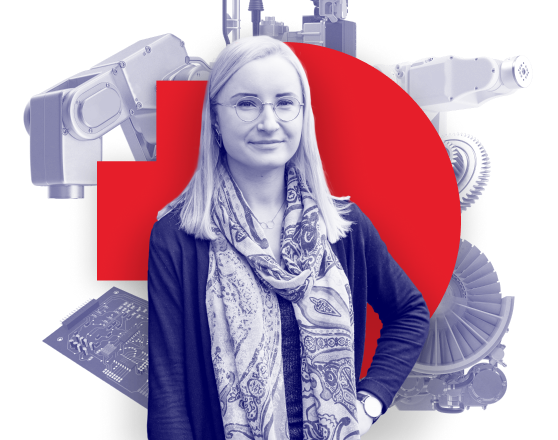As a graduate of this course, you will have developed the ability to describe, investigate and analyse complex engineering systems using systems thinking and modelling, enabling you to identify and assess the risks and impacts of engineering activities. As a result, you will be able to develop innovative solutions to industry challenges, anticipating the consequences of action or inaction, and operate within an appropriate hazard and risk framework.
Not only will you be able to understand and apply an advanced theory-based understanding of general and specialist engineering principles, you will also be able to articulate the relevance of natural, physical and engineering sciences, mathematics, statistics, computer and information sciences that underpin this discipline.
The research element of this degree will give you the opportunity to plan and execute a significant research project, demonstrating your creativity, initiative, autonomy, professional accountability, your knowledge of information management, problem solving abilities, and awareness of industry developments and emerging research directions within engineering.
The development of your professional practice is key. As a graduate, you will have the skills and competence to initiate, plan, lead and manage engineering activities, projects and teams. You will understand the scopes, principles, norms, accountabilities and bounds of contemporary engineering practice, and develop the ability to communicate your goals and outcomes to a diverse range of specialist and non-specialist audiences.
This course has been designed to develop Stage 1 and Stage 2 Engineers Australia professional engineering competency requirements.





